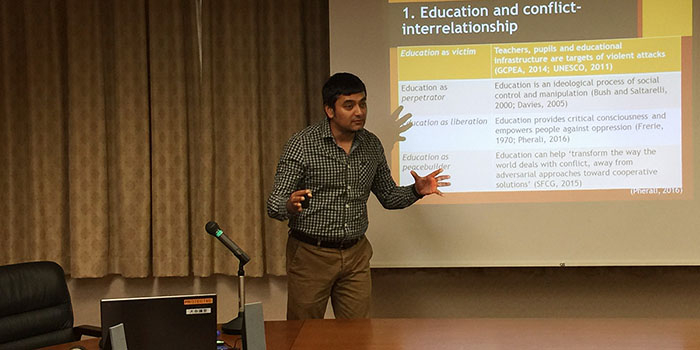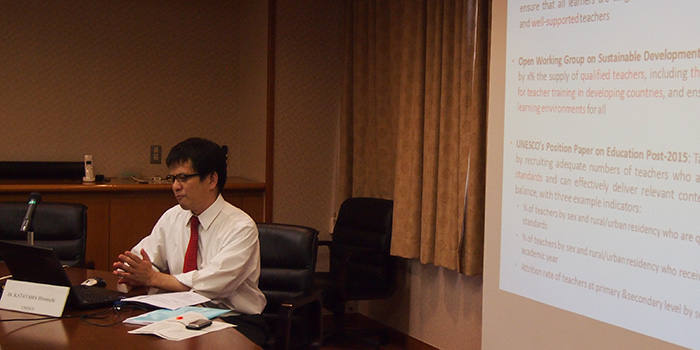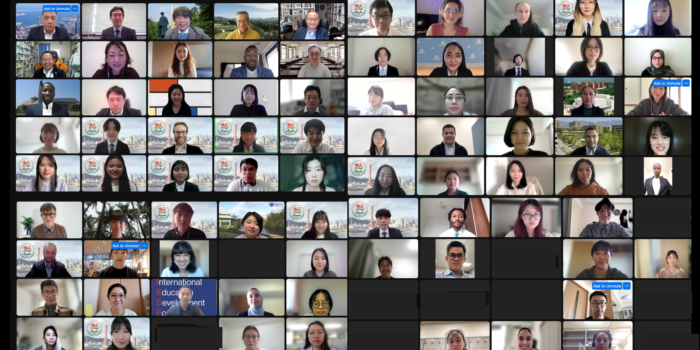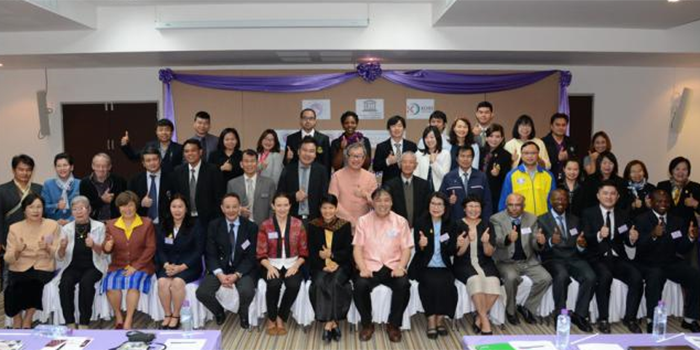The above seminar held on last Thursday, July 14, 2016 in the Main Conference Room of the Graduate School of International Cooperation Studies (GSICS) building at Kobe University. The guest presenter was Dr. Tajendra Pherali, who is a Senior Lecturer in UCL Institute of Education at University College London.
Dr. Pherali inaugurated his presentation by deliberating promises concerns about education and conflict inter-relationship, which are the fundamental intense issues at present. He highlighted education as victim, liberation and Peacebuilders matter which is the core substance of conflict which were largely located in the grievances of marginalized people in Nepal. The main political motive of the education plan in Nepal was to strengthen devotion to crown, country national unity and the Panchayat system. He discussed about the reasons of armed conflict commonly as of social inequalities. He also explained how the communist party getting popularity day by day and peoples involvement in conflicts.
Dr. Pherali shared the seminar attendants with the impact of conflict in Nepal. The impacts are measured as political change, deformation of social structure, high impacts on education and excessive politicization as well as de-institutionalization of learning environments in schools. During conflict direct impact goes to schools, more than 79 schools and 13 district education offices were destroyed by the Maoists between the period of January and December 2006, of which 32 suffered from bomb explosions and at least 3 schools were caught in crossfire between the rebels and security forces. Aftermath of conflict increased politicization of educational issues, children being used by the political parties and the increased management problems at school where head teachers have very little control over teachers and general administration. Dr. Pherali recommended some probabilities to mitigate the conflict which can’t be eradicated but could be one solution developing awareness among civilian.
The seminar was remarkably explanatory and beneficial, as it conveyed thought provoking discussion on impact of conflict about the case of Nepal. Students, researchers and academicians have gained precise knowledge and thoughts, how to do further research in this field. During the question and answer session, participants asked a number of questions for further clarifications.
Authored by Md Jahangir Alam
Research Student, GSICS, Kobe University
Related Link
http://www.kobe-u.ac.jp/en/NEWS/event/2016_07_14_01.html
Related






